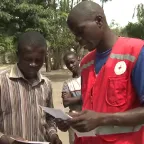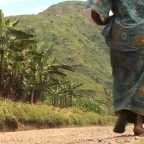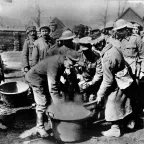Water and habitat: Building hospitals. And rebuilding them.
Conflict and disaster often leave hospitals in ruins. In Afghanistan, Somalia, Haiti and countless other countries, ICRC engineers erect temporary clinics, rebuild hospitals damaged by war or …







